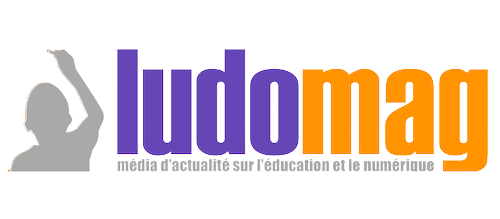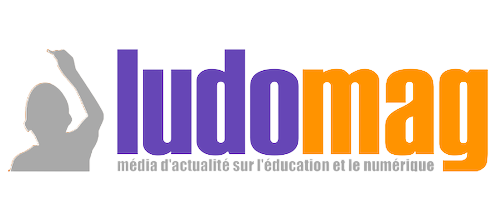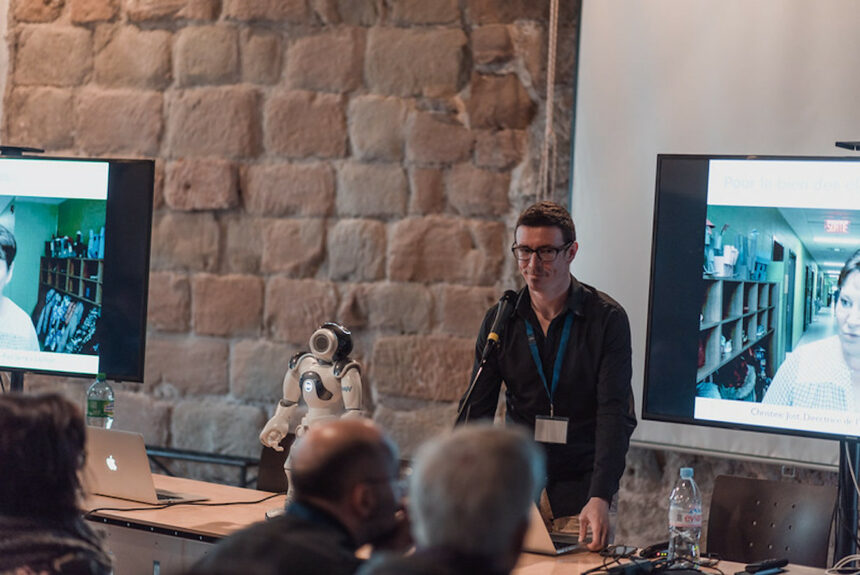The media explosion of artificial intelligence (AI), in particular generative artificial intelligences (GAIs) such as ChatGPT, Dall-E, Midjourney, SwissGPT, Ernie Bot or Google Bard, with their conspicuous entry into public use, has led to profound questioning in recent debates. This questioning extends to the fields of learning and education, suggesting possible upheavals in our way of thinking (Romero et al. 2023). As a result, the definition and role of these technologies in schools raises important questions.
Similar to books, television or the internet, AI raises numerous questions, often tinged with emotions ranging from fear to hope, that affect the entire education system: « What should students learn today? » « Why teach when even complex answers are just a click away? » « Will artificial intelligence replace teachers tomorrow? « Should the use of AI be introduced in the classroom?
Beyond fears and fantasies, the focus is on questioning the integration of AI, particularly its use in education. This concerns teachers, who are urged to consider this technology « as a pedagogical tool or as an object of learning » (Romero et al., 2023, p.94), as well as their students, who now have a new tool for learning, or for learning better (Alexandre et al., 2023), thus overcoming the constraints of current school assessment.
Moreover, the ethical questions surrounding the use of these tools are significant, given the societal issues they raise, including data collection, privacy concerns, as well as the potential for bias in algorithmic design and the reproduction of social, cultural and educational inequalities (Collin and Marceau, 2021). This challenge is particularly significant because the potential for ‘personalisation’, for example, could be very present, but constantly teetering on the edge of ‘control’ and easily tipping one way or the other (Boissière and Bruillard, 2021). Moreover, this inherently raises another question: « How can society still function if there is too much differentiation? »
Today, as the scientific community increasingly explores the use of artificial intelligence for educational purposes (Chen et al., 2022), some classroom implementations are taking shape, such as natural language processing for languages (Miras, 2019), robots for AI education, or data exploration to predict student performance (Baker, 2022). Thus, artificial intelligence is playing an increasingly important role in education, from automated assessment systems to applications used for online language learning.
Finally, these tools raise the question of creativity and its recognition. Is generative AI creative? Does it create or support creativity? And should we talk about creativity or supported creativity (Ariani et al., 2023)? They also raise the question of collaboration or partnership between humans and machines, with a particular focus on « preserving human agency » (Romero et al., 2023, p.83). This then raises the issue of copyright and the need or not to cite sources when using a GAI.
More information on ludovia.ch.








